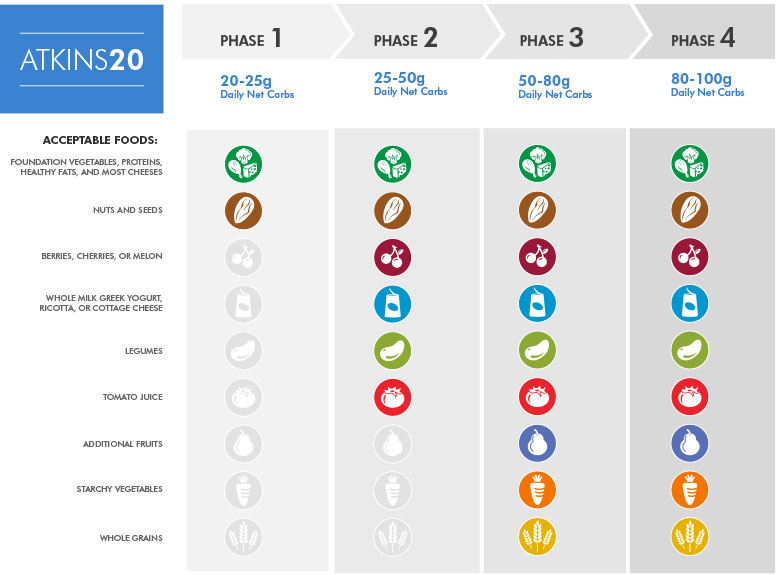There are studies that prove HFLC improves most cardiovascular disease markers, except LDL and total cholesterol (there’s much debate about the importance of LDL(LDL size) and total vs HDL/trigs ratio):
https://cardiab.biomedcentral.com/articles/10.1186/s12933-018-0698-8
https://www.dietdoctor.com/low-carb/science#metabolic
There are several observational studies that suggest LFHC is the healthiest and which the AHA bases the SAD (Stupid American DIet) on but:
To date there is NO conclusive evidence linking saturated fat as an independent risk factor with heart disease. Current research indicates that eating fat is healthier than eating carbs, lowering fat would in essence raise carbohydrates raising heart disease risk.
I could not find any studies or article RE: Keto post heart attack but I did locate an article written by a cardiologist who admits:
the historical prioritization on reducing total fat, saturated fat, and dietary cholesterol is outdated and incomplete.
This cardiologist, Dariush Mozaffarian, MD, participated in the writing of the goals for the American Heart Association’s 2020 Strategic Impact Goals: the mission is no longer just about treating or even preventing disease, but achieving health.
He goes on to say:
Evidence from a broad range of research paradigms demonstrates that the focus should be on healthful food-based diet patterns, including increased intakes of beneficial foods such as fruits, nuts, vegetables, minimally processed whole grains, legumes, polyunsaturated and phenolic-rich vegetable oils, seafood, yogurt; and reduced intakes of sugar-sweetened beverages, processed (preserved) meats, and foods rich in refined grains, starches, and sugars
Red meats should be consumed moderately to prevent weight gain and diabetes, and butter used occasionally but not emphasized.12 Two industrial additives – sodium and partially hydrogenated vegetable oils – should also be avoided.
So it looks like some change is coming to the AMA in regards to what the SAD should really be. I don’t particularly like how he makes sodium a villain in this article, although he does specifically calls it “additive sodium” and “industrial sodium”.
How does this apply to your FIL? Current historical prioritizations are “outdated and incomplete” and if you believe this Dr. Mozaffarian, then at the very least your FIL should avoid sugar-sweetened beverages, processed (preserved) meats, and foods rich in refined grains, starches, and sugars. All of those foods don’t belong in the ketogenic diet.
https://www.acc.org/latest-in-cardiology/articles/2016/05/05/07/45/diet-and-heart-disease-what-every-cardiologist-should-know

